Fall 2011 NIDDK Director's Update


When I began working as a fellow at the National Institutes of Health, I’d recently finished my medical residency. I planned to stay a few years and then move on to an academic institution to continue my res earch. However, I found so many opportunities at NIH, from the potential to do clinical, translational, and basic research to the vast human resources – talented and diverse researchers and staff whom I was able to work with and learn from. With such abundant opportunities to grow as a researcher and to serve the public, I never left.
earch. However, I found so many opportunities at NIH, from the potential to do clinical, translational, and basic research to the vast human resources – talented and diverse researchers and staff whom I was able to work with and learn from. With such abundant opportunities to grow as a researcher and to serve the public, I never left.
I’m one among many. Dr. Ira Levin, the NIDDK scientific director, is the model of what an NIH career can be. Ira retired in July after nearly 48 years at NIH. He began as a guest researcher in 1963 and went on to publish hundreds of scientific papers, breaking new ground again and again in his field of spectroscopy and earning awards and the admiration of his colleagues along the way. He also led the intramural program with modesty and unpretentiousness. Through tight budgets and difficult decisions, he was the epitome of grace under pressure.
Just as NIH provides opportunities to grow a career, it also offers experiences to begin one, exposing young people to the excitement of scientific discovery and the potential of a research profession. As you can read in the stories below, NIDDK’s STEP-UP program enables high school and undergraduate students from groups underrepresented in medical research to get a taste of the scientific process through laboratory research and a symposium where they present and defend their work to their peers and NIDDK staff.
As well, NIDDK’s Medical Student Summer Research Program in Diabetes is attracting increasing numbers of medical students to consider a career doing research on diabetes and its complications, by pairing them with investigators at the forefront of their field for a summer of hands-on research.
These opportunities – among many others, from the beginning through the culmination of a career – are part of a continuum of experiences that NIDDK, as part of NIH, provides to help nurture medical scientists to become contributors to research in groundbreaking ways, ways that help people lead healthier lives.
In good health,

Dr. Griffin P. Rodgers, M.D., M.A.C.P.
Director, National Institute of Diabetes and Digestive and Kidney Diseases
NIH celebrates 50 years of the NIDDK Laboratory of Molecular Biology
On June 3, the NIDDK intramural Laboratory of Molecular Biology celebrated its 50th anniversary by highlighting research successes of its past and present with a daylong scientific symposium that laboratory chief Dr. Michael Krause called “an outstanding program of speakers with a lot of fun science to talk about.”
Speakers included both current staff and alumni of the lab, as well as Nobel laureate Dr. Tom Steitz of Yale University, a friend and associate of several lab members. Dr. Gary Felsenfeld, a physical chemist who has been doing research in the lab since its inception in 1961, along with his colleagues Dr. David Davies and Dr. Martin Gellert, delivered a brief history of the lab, complete with old photos and front pages of landmark papers, like one that discussed the discovery of DNA ligase, and another that examined the crystallization of human immunoglobulin.
Felsenfeld fondly remembered the lab’s founder, biochemist Dr. Gordon Tomkins. “Anyone who went in to talk to him came out certain that what they were doing was brilliant,” Felsenfeld said. He remembered Dr. Harvey Itano, the co-discoverer of sickle cell hemoglobin. Microbial geneticist Dr. Bruce Ames and organic chemist Dr. Todd Miles rounded out the lab’s first group of investigators.
The event celebrated not only the past, but the present and future of the laboratory as well, through presentations by newer arrivals, including Dr. James Hurley and Dr. Wei Yang, and current tenure-track investigator Dr. Yihong Ye.
NIH Director of Intramural Research Dr. Michael Gottesman worked as a postdoc in the laboratory a few decades back and celebrated the collaborative atmosphere the lab has sustained. “Having the opportunity to talk to scientists who were really interested in learning about what was going on, not only in their labs, but in all labs, was really something amazing,” he said in the day’s opening comments.
Gottesman also praised the lab for giving early career scientists independence to develop skills and ideas. “That’s how you really grow a scientist,” he said. “LMB really discovered this formula.”
Felsenfeld concurred. “We all collaborated a lot. The boundaries between our disciplines were very loose,” he said. “We had the most exhilarating lab meetings, because everyone could think of something to suggest.”
The LMB, said Gottesman, is a “landmark laboratory, both in the NIH and in the entire world.”
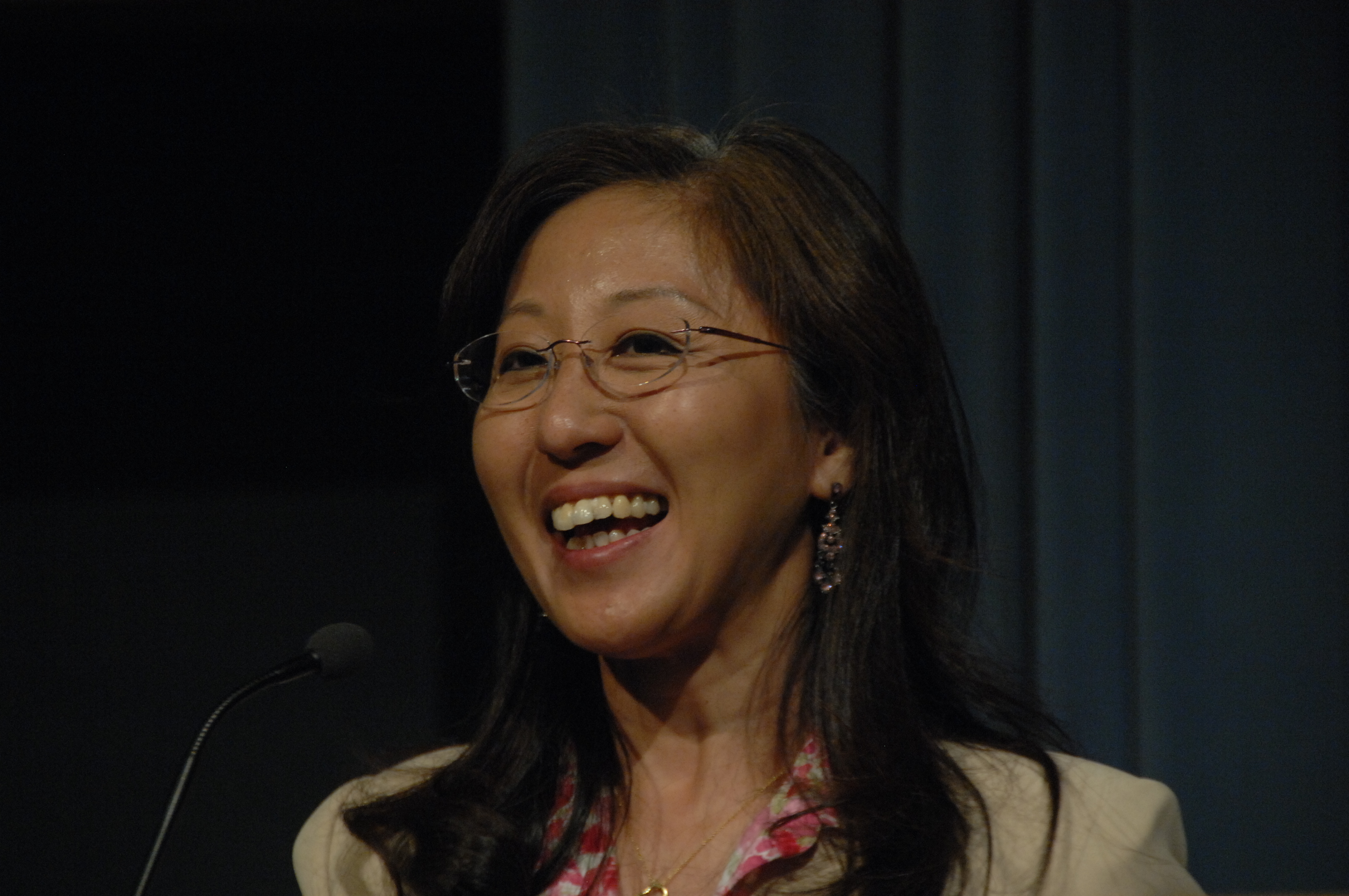 Dr. Wei Yang of the NIDDK Laboratory of Molecular Dr. Wei Yang of the NIDDK Laboratory of Molecular
Biology presents at the LMB's
50th anniversary symposium in June.
|
NIH Launches Bowel Control Awareness Campaign
 On June 1, NIH launched the Bowel Control Awareness Campaign to raise awareness of bowel control problems, also known as fecal incontinence. The campaign stems from the recommendations of an independent panel of experts convened by the NIH to assess the current prevalence, risk factors, diagnosis, treatment, and management of the condition.
On June 1, NIH launched the Bowel Control Awareness Campaign to raise awareness of bowel control problems, also known as fecal incontinence. The campaign stems from the recommendations of an independent panel of experts convened by the NIH to assess the current prevalence, risk factors, diagnosis, treatment, and management of the condition.
“Our findings indicate that fecal incontinence is a significant public health burden in the U.S. — affecting close to 10 percent of the adult population over 40 years old,” said NIDDK Director Dr. Griffin P. Rodgers. NIDDK is leading the NIH effort. “The Bowel Control Awareness Campaign’s main objective is raising public awareness of fecal incontinence to aid in prevention of incontinence and to improve the lives of men and women living with the condition.”
People with bowel control problems are often reluctant to discuss the condition with their doctor. The embarrassment associated with fecal incontinence can have a crippling impact on quality of life for millions, and the condition is believed to be widely underdiagnosed.
Developed by the NIDDK, along with professional and voluntary organizations, the campaign offers materials and resources about the symptoms, diagnosis, treatment, and management of bowel control problems for patients and health care professionals, all available through the awareness campaign’s “Let’s Talk about Bowel Control” website at www.bowelcontrol.nih.gov.
“The lack of communication between health care professionals and patients appears to be one of the main challenges with bowel control problems. Being able to talk about the problem is the first step in both prevention and treatment,” said Dr. Stephen P. James, director of the Division of Digestive Diseases and Nutrition at the NIDDK. “People experiencing bowel control problems need to know they are not alone and that the condition can be managed. The Bowel Control Awareness Campaign will inform health care professionals and the public that bowel incontinence is a common condition and that effective treatments are available.”
Applications, enrollment grow for NIDDK Medical Student Summer Research Program in Diabetes
L. McLean House has friends with diabetes. Now, after a summer doing research as part of the NIDDK Medical Student Research Program in Diabetes, the medical student can tell his friends how he’s worked toward understanding and improving their health – and may spend his career working to better human health through research.
House, a student at the University of Tennessee Health Science Center College of Medicine and a Vanderbilt University graduate, was one of the 104 students to participate in the third year of the NIDDK program. For House’s project, he conducted a small animal study on the cardiovascular mechanisms of insulin resistance. “I gained a strong appreciation and interest for the pathophysiology, complications, and treatments for diabetes mellitus,” he said.
Students who participate in the program spend their summer working with an established scientist at a diabetes research center. They can pick from among a wide variety of research experiences, said Dr. James Hyde, senior advisor for career development within NIDDK’s Division of Diabetes, Endocrinology, and Metabolic Diseases. Options include both bench and bedside research – from analyzing cells in a test tube to helping conduct clinical trials.
“This program is designed to be a potential pipeline to attract more physician scientists into diabetes research,” said NIDDK Director Dr. Griffin P. Rodgers. “By giving students hands-on experience in research, they better understand the challenges and rewards of pursuing knowledge that benefits public health.”
The program was initially suggested by Dr. Mitchell A. Lazar, a former NIDDK council member, who directs the NIDDK diabetes research center at the University of Pennsylvania Perelman School of Medicine. The idea and its execution was then discussed and endorsed by all of the NIDDK-funded Diabetes Research Center principal investigators. Rodgers approved the pilot program, which uses existing training program funding. The program’s early success provided the impetus for the launch of an NIDDK-supported summer program for college, medical or doctoral students to do research across the Division of Kidney, Urologic, and Hematologic Diseases in 2011.
The diabetes research program is coordinated by Vanderbilt University, which already had an NIDDK grant for short-term research experiences, and overseen by its diabetes center director, Dr. Al Powers. Through advertising and word-of-mouth, applications for the program have leapt, from 197 applicants for 56 positions in 2009 to 431 for 68 positions in 2010. For the 2011 cycle, additional students were funded by NIDDK through the O'Brien Kidney Center at Vanderbilt.
At the end of their research experience, the students meet at a two-day symposium, where they present their research and hear senior investigators speak about how they made career choices from medical school forward. “It gives students a perspective on the different pathways that a student may have in choosing a research career,” Hyde said.
Hyde hopes to formally evaluate the career choices of program participants. In the meantime, he said, he hears from students that “a lot of them have determined that they like research and that they would consider a career in research in their future.”
That has been the case for the future Dr. House. “The program absolutely did alter my future career plans; before I engaged in the Vanderbilt NIDDK [summer research program] I was not too interested in academic medicine. After my experience at Vanderbilt and the mentorship I received, I am certainly more interested in becoming a professor of medicine,” he said. “This program proved to me that the world of academic medicine needs more MDs engaged in medical research.”
The NIDDK Medical Student Summer Research Program in Diabetes is open to medical students in the summer after their first or second year of medical school.
For more information, go to http://medicalstudentdiabetesreseach.org/ .
.
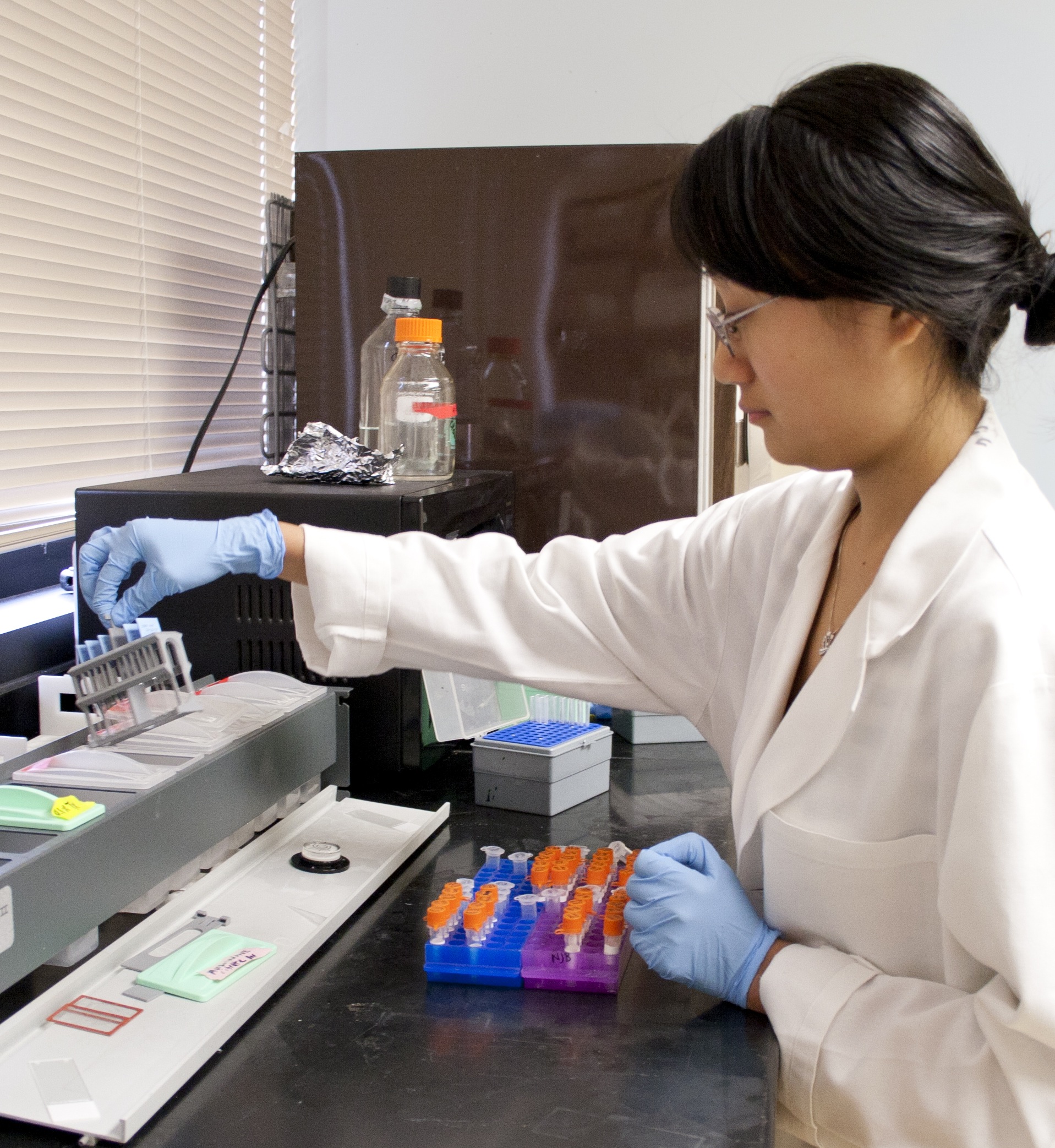 Medical student Aileen Wang works in the Medical student Aileen Wang works in the
lab as part of the NIDDK Medical Student
Summer Research Program in Diabetes.
Photo Credit: Amber Lynn
|

 Researchers at the NIH have created a mathematical model — and an accompanying online weight simulation tool — of what happens when people of varying weights, diets and exercise habits try to change their weight. The findings challenge the commonly held belief that eating 3,500 fewer calories — or burning them off exercising — will always result in a pound of weight loss. Findings were published Aug. 26 in a Lancet issue devoted to obesity. http://www.nih.gov/news/health/aug2011/niddk-25.htm
Researchers at the NIH have created a mathematical model — and an accompanying online weight simulation tool — of what happens when people of varying weights, diets and exercise habits try to change their weight. The findings challenge the commonly held belief that eating 3,500 fewer calories — or burning them off exercising — will always result in a pound of weight loss. Findings were published Aug. 26 in a Lancet issue devoted to obesity. http://www.nih.gov/news/health/aug2011/niddk-25.htm
Scientists at the NIH have uncovered a pathway in mice that allows white fat — a contributor to obesity and type 2 diabetes — to burn calories in a way that’s normally found in brown fat and muscle. The findings are in the July 6 edition of Cell Metabolism. http://www.nih.gov/news/health/jul2011/niddk-05.htm
A high level of a hormone that regulates phosphate is associated with an increased risk of kidney failure and death among chronic kidney disease patients, according to a recent study led by researchers at the University of Miami and funded by NIDDK, part of NIH. Results are in the June 15 issue of the Journal of the American Medical Association. http://www.nih.gov/news/health/jun2011/niddk-14.htm
A specific form of vitamin E improved the most severe form of fatty liver disease in some children, according to a study funded by the NIH. Results appear in the April 27 issue of the Journal of the American Medical Association. A previous study found vitamin E effective in some adults with the disease. http://www.nih.gov/news/health/apr2011/niddk-27.htm

STEP-UP advances ambitions, careers for diverse students
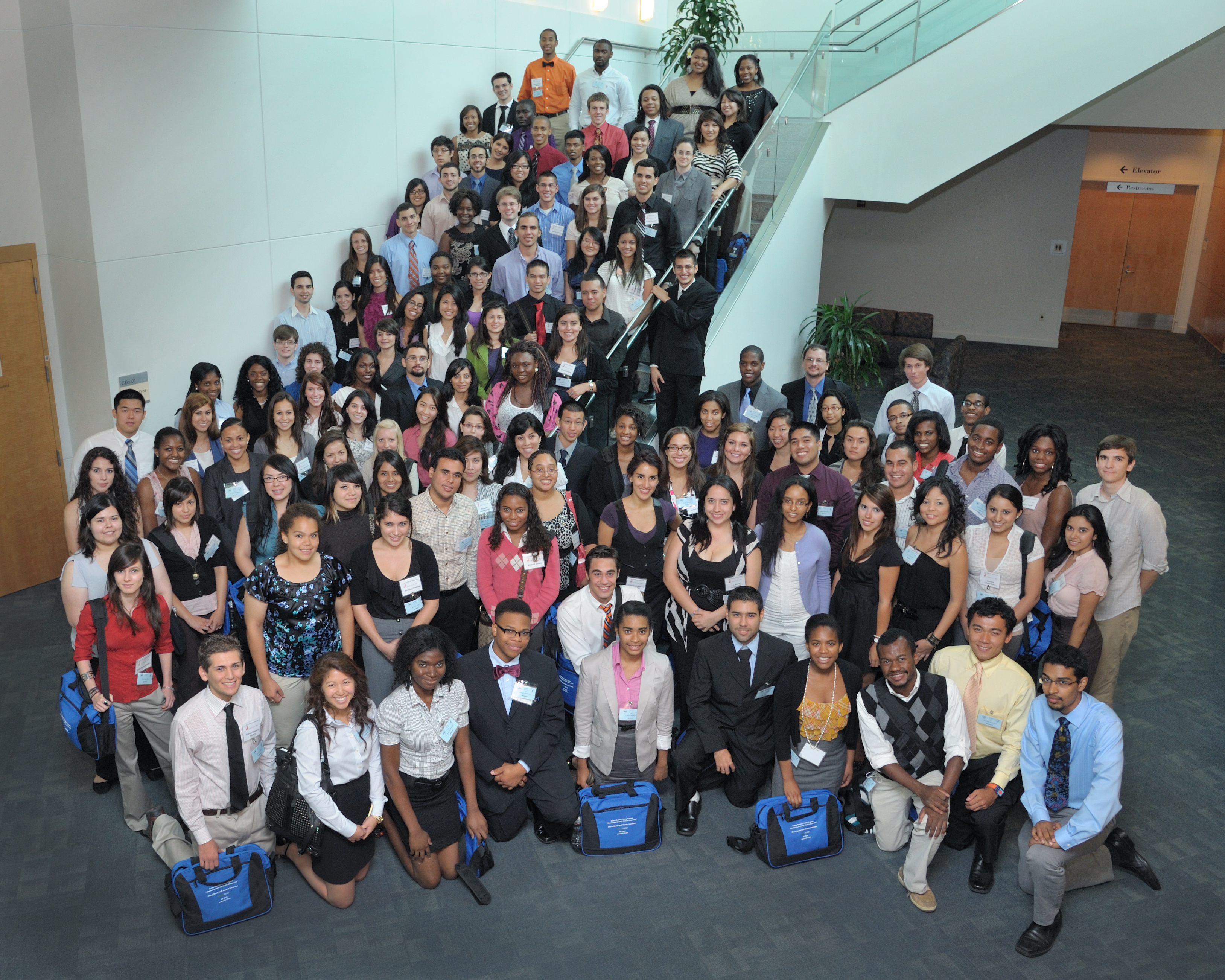 Editor’s Note: Georgia Southern University student Kristina Rankine was among the 230 students participating in this year’s NIDDK Short-term Education Program for Underrepresented Persons, or STEP-UP. The national program aims to give summer research experiences within NIDDK mission areas to talented high school and undergraduate students from groups underrepresented in the medical sciences, including people from disadvantaged backgrounds, people from underrepresented ethnic and racial groups, and people with disabilities. Here, Rankine discusses the opportunities STEP-UP has enabled for her.
Editor’s Note: Georgia Southern University student Kristina Rankine was among the 230 students participating in this year’s NIDDK Short-term Education Program for Underrepresented Persons, or STEP-UP. The national program aims to give summer research experiences within NIDDK mission areas to talented high school and undergraduate students from groups underrepresented in the medical sciences, including people from disadvantaged backgrounds, people from underrepresented ethnic and racial groups, and people with disabilities. Here, Rankine discusses the opportunities STEP-UP has enabled for her.
By Kristina Rankine
Participating in STEP-UP helped me develop as a research scientist, and gave me the opportunity to broaden my scientific scope. My summer research experience in the lab of Dr. Charles Lang at Pennsylvania State University’s Hershey College of Medicine taught me all the things one would expect in terms of ethics, professionalism, career advancement, research methodology, and laboratory techniques.
But on a deeper level, STEP-UP furthered my interest in science and deepened my passion for biomedical research. With the help of my mentor, I learned so much, including how to do certain surgeries. STEP-UP has prepared me for what lies ahead in my education. What I have learned will help me in my classes, especially in laboratory work. But beyond that, now that I’ve seen the importance of the work of both a medical degree and a research doctorate, I plan to attend medical school and possibly pursue both an M.D. and a Ph.D.
The experience culminated at the STEP-UP conference at the NIH in Bethesda this August. It was exciting to share my research experience with my peers from all over the country and also to learn from their experiences. Presenting at the conference to NIDDK scientists made me even more proud of my work. Being able to defend protocol and explain my research illustrated STEP-UP’s strong impact. I believe the STEP-UP program has advanced my potential as a scientist, opening doors to me becoming successful through networking, knowledge, advice, and experience – four aspects in which any student interested in biomedical research would benefit.
For more information about STEP-UP, go to http://stepup.niddk.nih.gov
NKDEP collaborates to educate on getting kids’ blood pressure checked
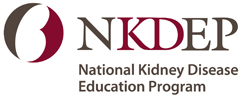 Children can have high blood pressure – and more and more children do – along with the risk of developing kidney and other diseases. However, checking blood pressure in children often hasn’t been done by primary care physicians with the same regularity as it has with adults. This may be related to the fact that pediatric blood pressure norms vary by height, age, and gender, unlike those standard two numbers in an adult blood pressure. Although this variability could make assessing kids’ blood pressure more difficult, it is no less important.
Children can have high blood pressure – and more and more children do – along with the risk of developing kidney and other diseases. However, checking blood pressure in children often hasn’t been done by primary care physicians with the same regularity as it has with adults. This may be related to the fact that pediatric blood pressure norms vary by height, age, and gender, unlike those standard two numbers in an adult blood pressure. Although this variability could make assessing kids’ blood pressure more difficult, it is no less important.
“Because blood pressure norms vary in children, problems may not be easily recognized by primary care providers,” said National Kidney Disease Education Program Director Dr. Andrew Narva, a nephrologist. “Yet it’s crucial that children’s blood pressure be checked and checked accurately, as health risks increase the longer high blood pressure goes uncontrolled.”
To encourage parents to get their children’s blood pressure accurately measured, the NKDEP is collaborating with the American Society of Pediatric Nephrology and the NIH’s National Heart, Lung, and Blood Institute on a brochure for parents, encouraging them to ask their doctor:
What is my child’s blood pressure reading?
Is it in the normal range?
Is my child at risk for high blood pressure?
By encouraging parents to request information about their children’s blood pressure, NKDEP and its collaborators hope more parents will ask about their children’s blood pressure, and more providers will be able to assess, treat, and prevent high blood pressure in children early.
The brochure is scheduled for release in late 2011, and will be available at www.nkdep.nih.gov.
New NDEP videos, website offer important resources for people affected by diabetes
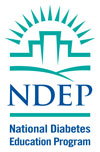 Make lifestyle changes and cope with the demands of diabetes, with help from new videos from the National Diabetes Education Program (NDEP), an initiative of the NIH and the Centers for Disease Control and Prevention. This series of three- to five-minute videos, available at www.YourDiabetesInfo.org/HealthSense
Make lifestyle changes and cope with the demands of diabetes, with help from new videos from the National Diabetes Education Program (NDEP), an initiative of the NIH and the Centers for Disease Control and Prevention. This series of three- to five-minute videos, available at www.YourDiabetesInfo.org/HealthSense , addresses topics such as setting goals to improve health, living with diabetes, and finding the support you need, as well as segments on diabetes prevention and physical activity.
, addresses topics such as setting goals to improve health, living with diabetes, and finding the support you need, as well as segments on diabetes prevention and physical activity.
The video series is the latest addition to NDEP’s offerings in lifestyle change. The videos were released to coincide with the redesign of NDEP’s online library of behavior change resources, Diabetes HealthSense. Diabetes HealthSense provides users with a searchable database of research, tools, and programs to address the wide array of behavioral and lifestyle-change challenges associated with diabetes self-management. Resources included in Diabetes HealthSense have been reviewed by a team of leading independent experts on psychosocial issues with specific expertise in the science of behavior change.
“For more than 14 years, the NDEP has been at the forefront of raising awareness about diabetes, but more needs to be done to provide resources and tools to support health care providers and their patients when it comes to achieving and sustaining health goals,” said NIDDK Director Dr. Griffin P. Rodgers.
Diabetes HealthSense includes links to tools and programs to help people set goals and find ways to deal with the stress and emotions that can prevent a person from achieving their goals – whether they have diabetes or are at risk for the disease.
Guidelines and Policies
Input sought by Oct. 26 on federal protections for research participants
By Emily Rugel, NIDDK program analyst
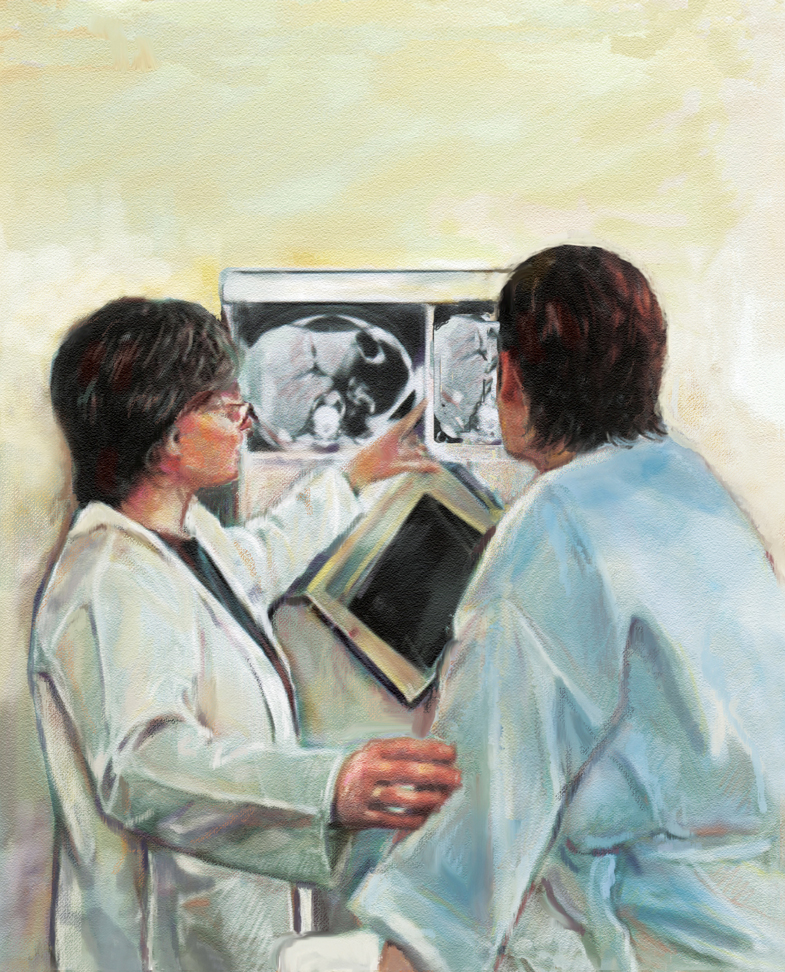 The field of biomedical research has changed substantially over the past two decades, growing in size and complexity, adopting new technologies, and focusing increasingly on behavioral and social factors in wellness and disease. Despite this transformation, however, the regulations that govern federally sponsored research with human participants have essentially remained untouched.
The field of biomedical research has changed substantially over the past two decades, growing in size and complexity, adopting new technologies, and focusing increasingly on behavioral and social factors in wellness and disease. Despite this transformation, however, the regulations that govern federally sponsored research with human participants have essentially remained untouched.
In response to these changes, the Department of Health and Human Services Office of the Secretary recently co-issued a draft proposal for modifications to the existing guidelines, which are also known as the Common Rule.
The proposed reforms cover a wide range of issues that impact investigators, participants, and institutional review boards. Overall, they are designed to enhance protections and facilitate research by improving the efficiency and clarity of the review and oversight system.
The proposal – formally called an Advance Notice of Proposed Rulemaking (ANPRM) – builds upon earlier recommendations from professional organizations, peer-reviewed scientific journal articles, and government committees such as the National Bioethics Advisory Commission.
To refine and improve upon the preliminary text, the ANPRM contains a series of detailed questions soliciting public input by Oct. 26. General feedback is also encouraged, and there will be additional opportunities to comment before any changes to the Common Rule are finalized.
The joint IRB for NIDDK and the National Institute of Arthritis and Musculoskeletal and Skin Diseases has drafted a preliminary response to the ANPRM, seeking clarification on the rules related to multi-site research, privacy and data security standards, and the use of biospecimens and stored data. The group will be working with the members of the Trans-NIH Bioethics Committee to ensure this feedback is taken into consideration during the initial public comment period.
To read the complete text of the proposal and submit comments, visit the HHS Office for Human Research Protections website at www.hhs.gov/ohrp/humansubjects/anprm2011page.html.

Congratulations to …
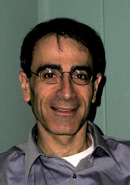 |
Dr. Marius Clore, an intramural researcher in the NIDDK Laboratory of Chemical Physics, who received the Royal Society of Chemistry Centenary Award, given to outstanding chemists who are also exceptional communicators. The award is given to scientists working outside of the United Kingdom to give lectures in the British Isles. Clore was also awarded the title of NIH Distinguished Investigator. |
 |
NIDDK Advisory Council member Dr. Jerry Palmer, who received the American Diabetes Association’s 2011 Physician Clinician in Diabetes award, given to an individual who has made outstanding efforts in diabetes care and is a highly regarded clinician and educator, at the association’s 71st Scientific Sessions in June. |
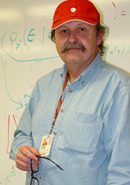 |
Dr. Attila Szabo, an intramural researcher in the NIDDK Laboratory of Chemical Physics, who was awarded the title of NIH Distinguished Investigator. In 2010, Szabo was elected to the National Academy of Sciences. |
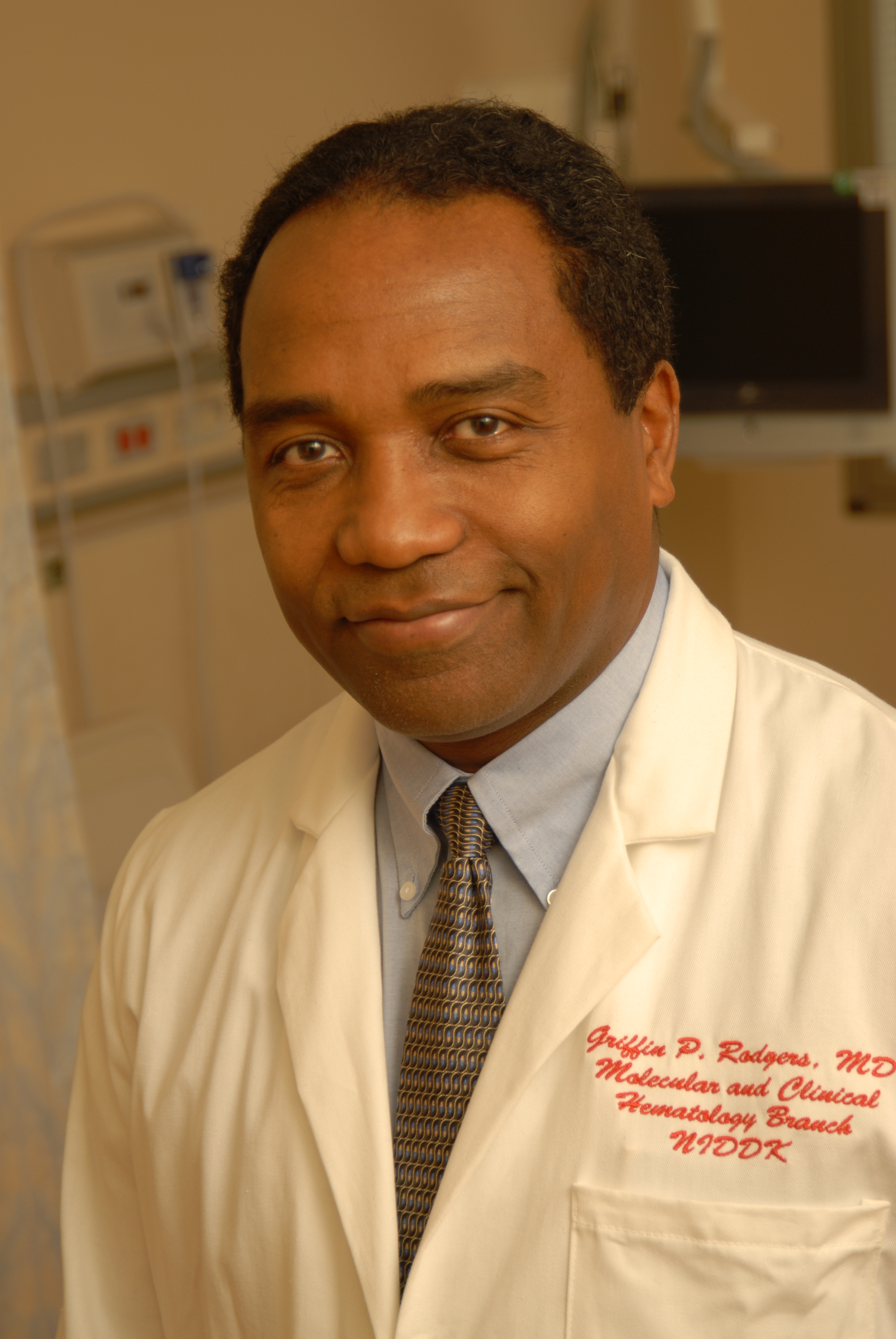 |
Editor’s Note: NIDDK Director Dr. Griffin P. Rodgers received an honorary degree, doctor of science, from Washington University in St. Louis as part of the university’s 150th commencement on May 20. Rodgers completed an internship, residency, and chief residency in internal medicine at Washington University School of Medicine, Barnes Hospital and the St. Louis VA Hospital. |
Welcome to …
Six new members recently joined NIDDK’s advisory council:
 |
Dr. Domenico Accili will serve on the Division of Diabetes, Endocrinology, and Metabolism Subcouncil. He is a professor of medicine at Columbia University and director of the NIDDK-funded Columbia University Diabetes and Endocrinology Research Center. His laboratory identified a family of DNA-binding proteins that regulate the response to insulin and glucose in many cell types, including pancreatic beta cells. |
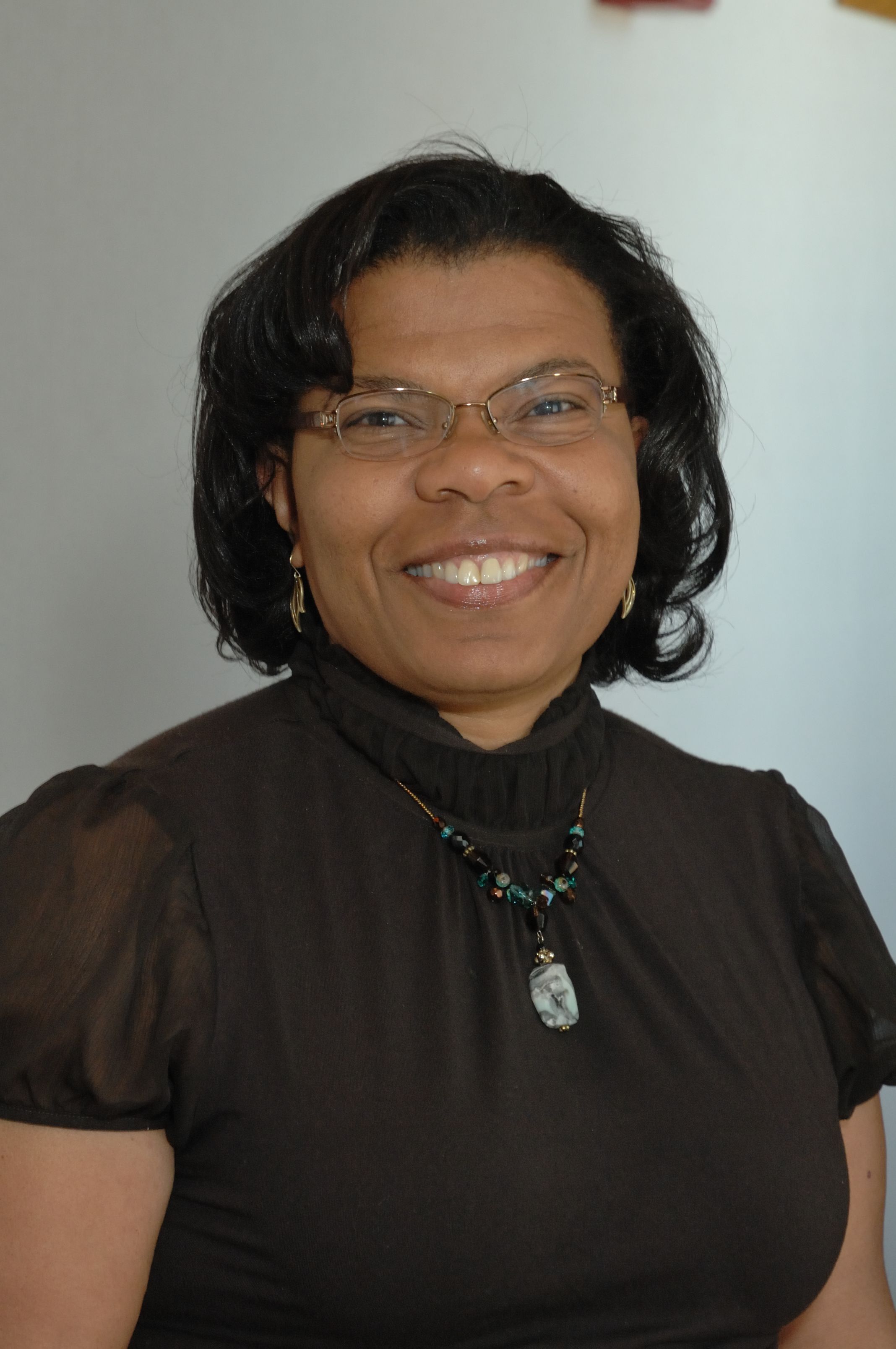 |
Robin Nwankwo will serve on the Division of Diabetes, Endocrinology, and Metabolism Subcouncil She is a diabetes educator at the University of Michigan with expertise in nutrition, behavior and diabetes self-management. Her work focuses on empowering people with diabetes to improve self care by supporting behavior change using methods that respect cultural differences and preferences. |
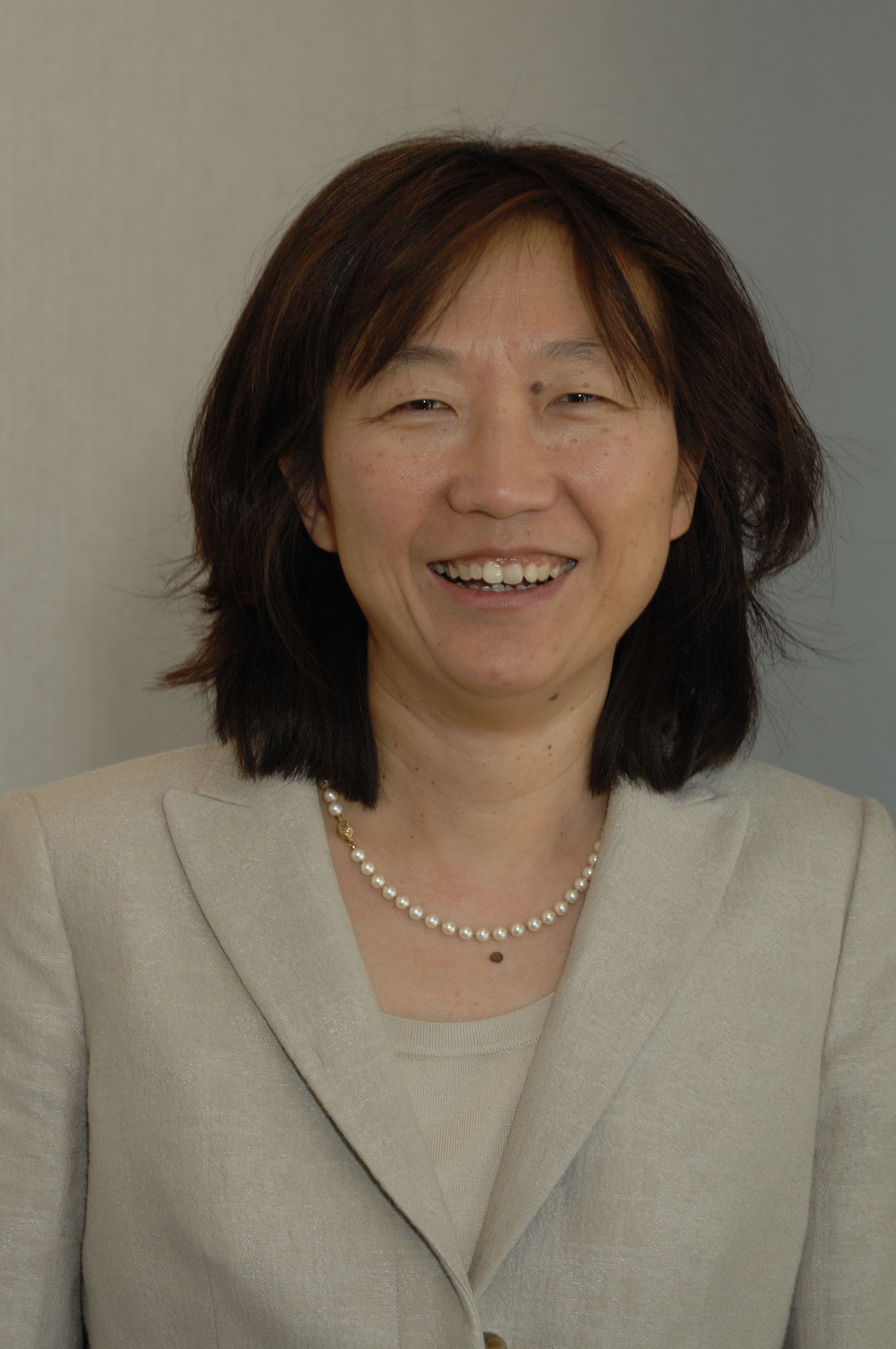 |
Dr. Judy Cho will serve on the Division of Digestive Diseases and Nutrition Subcouncil. She is an associate professor of medicine and genetics and director of the Inflammatory Bowel Disease Center at Yale University. Her research focuses on identifying genetic variation that affects susceptibility to and expression of inflammatory bowel disease. |
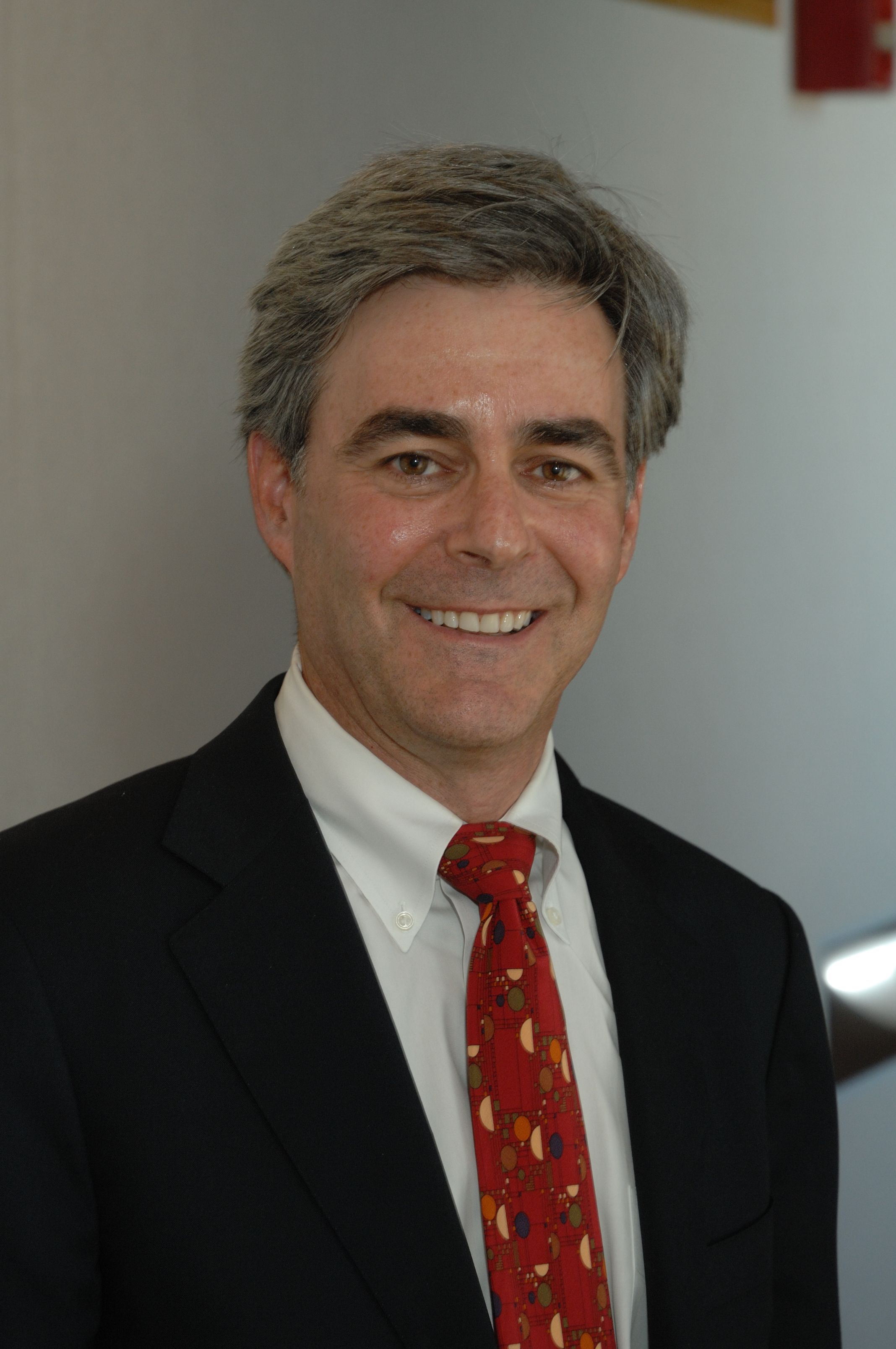 |
Dr. Thomas Robinson will serve on the Division of Digestive Diseases and Nutrition Subcouncil He is the Irving Schulman Endowed Professor in Child Health and professor of pediatrics and medicine at Stanford University School of Medicine. He is also director of Stanford’s Center for Healthy Weight. His research focuses on testing interventions to prevent and reduce obesity, improve nutrition and increase activity. |
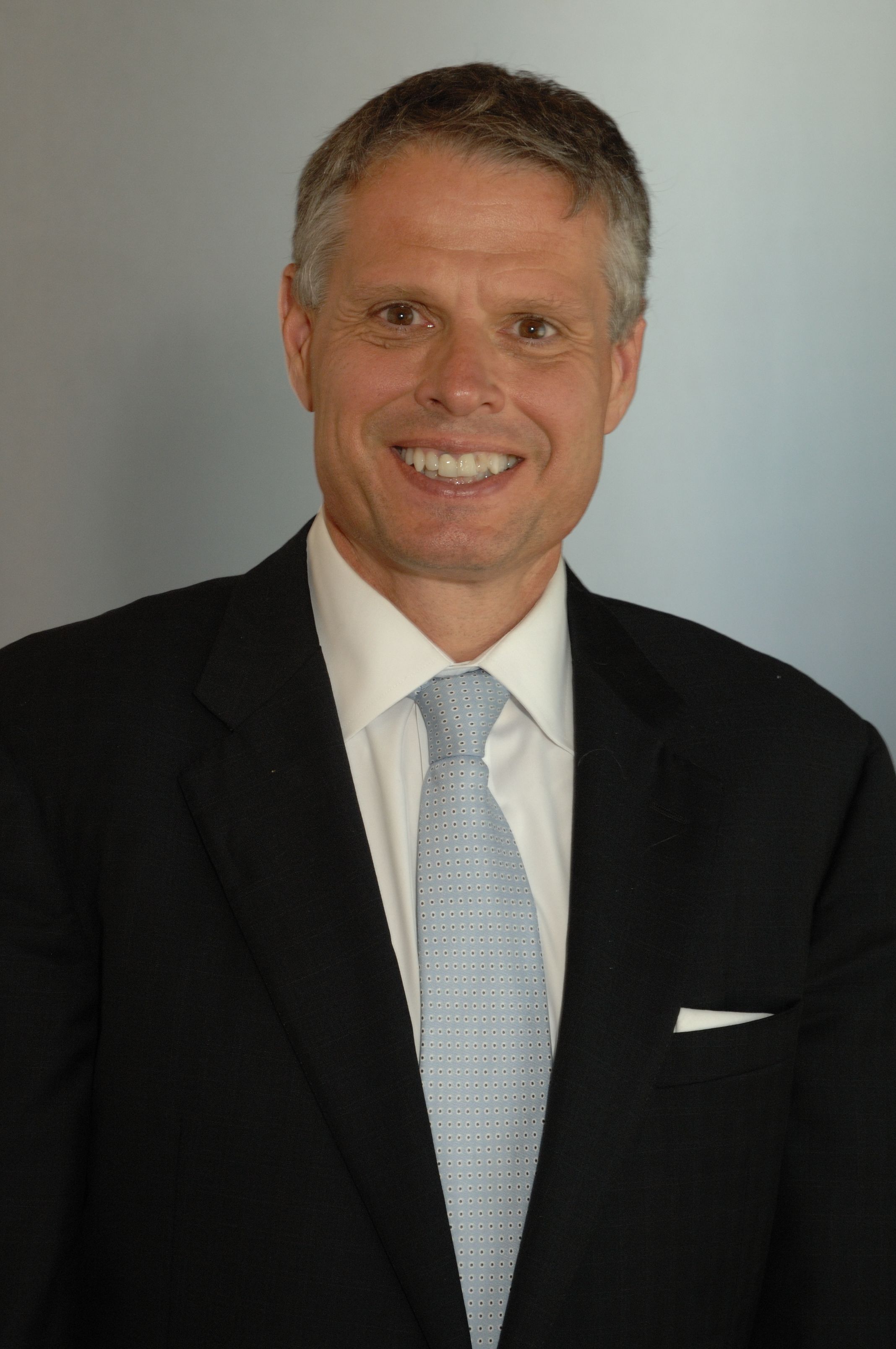 |
Dr. William Steers will serve on the Division of Kidney, Urologic, and Hematologic Diseases Subcouncil. He is chair of the Department of Urology at the University of Virginia. He is an editor of the Journal of Urology and president of the American Board of Urology. He is also a member of the FDA’s Reproductive Medicine Advisory Panel. |
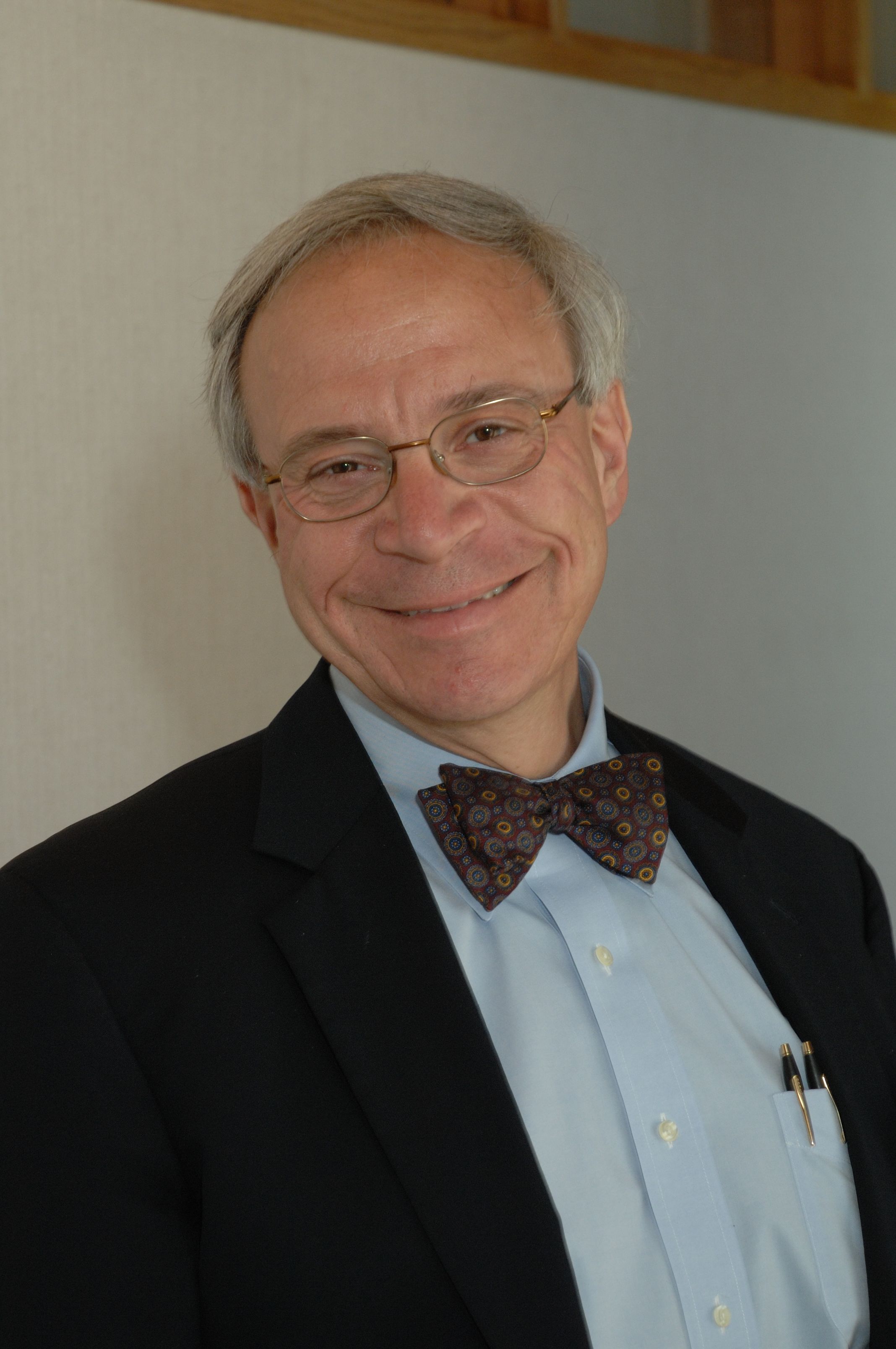 |
Dr. Mark Zeidel will serve on the Division of Kidney, Urologic, and Hematologic Diseases Subcouncil. He is chief of medicine at Beth Israel Deaconess Hospital and has broad expertise in clinical nephrology research. He is an elected member of both the American Society of Clinical Investigation and the Association of American Physicians. |
A fond farewell to …
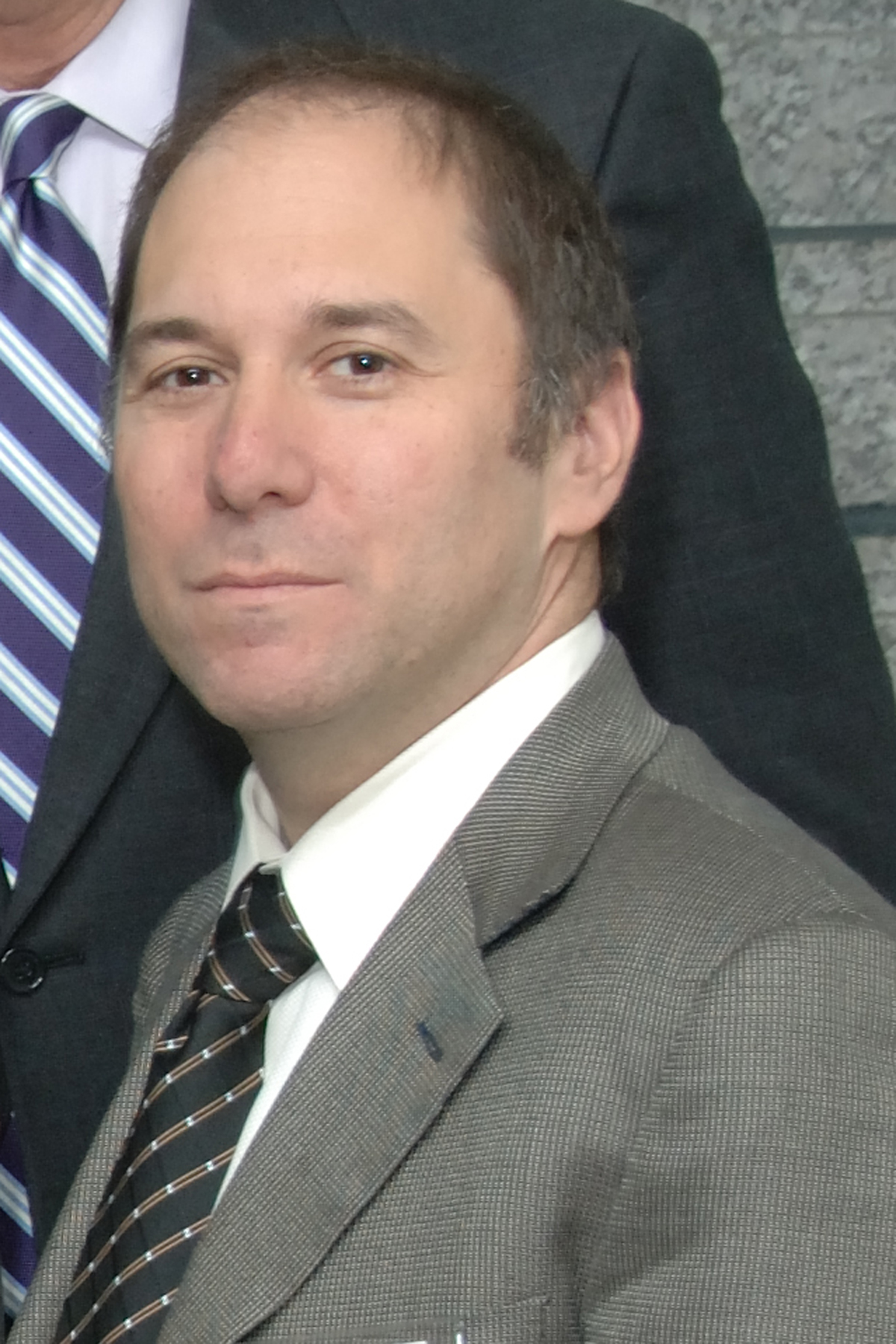 |
NIDDK advisory council member Dr. David Altshuler, who served on the Diabetes, Endocrinology, and Metabolic Diseases Subcouncil. He completed his term at the Sept. 7 Advisory Council meeting. |
 |
NIDDK advisory council member Dr. Nancy Andrews, who served on the Kidney, Hematologic, and Urologic Diseases Subcouncil. She completed her term at the Sept. 7 Advisory Council meeting. |
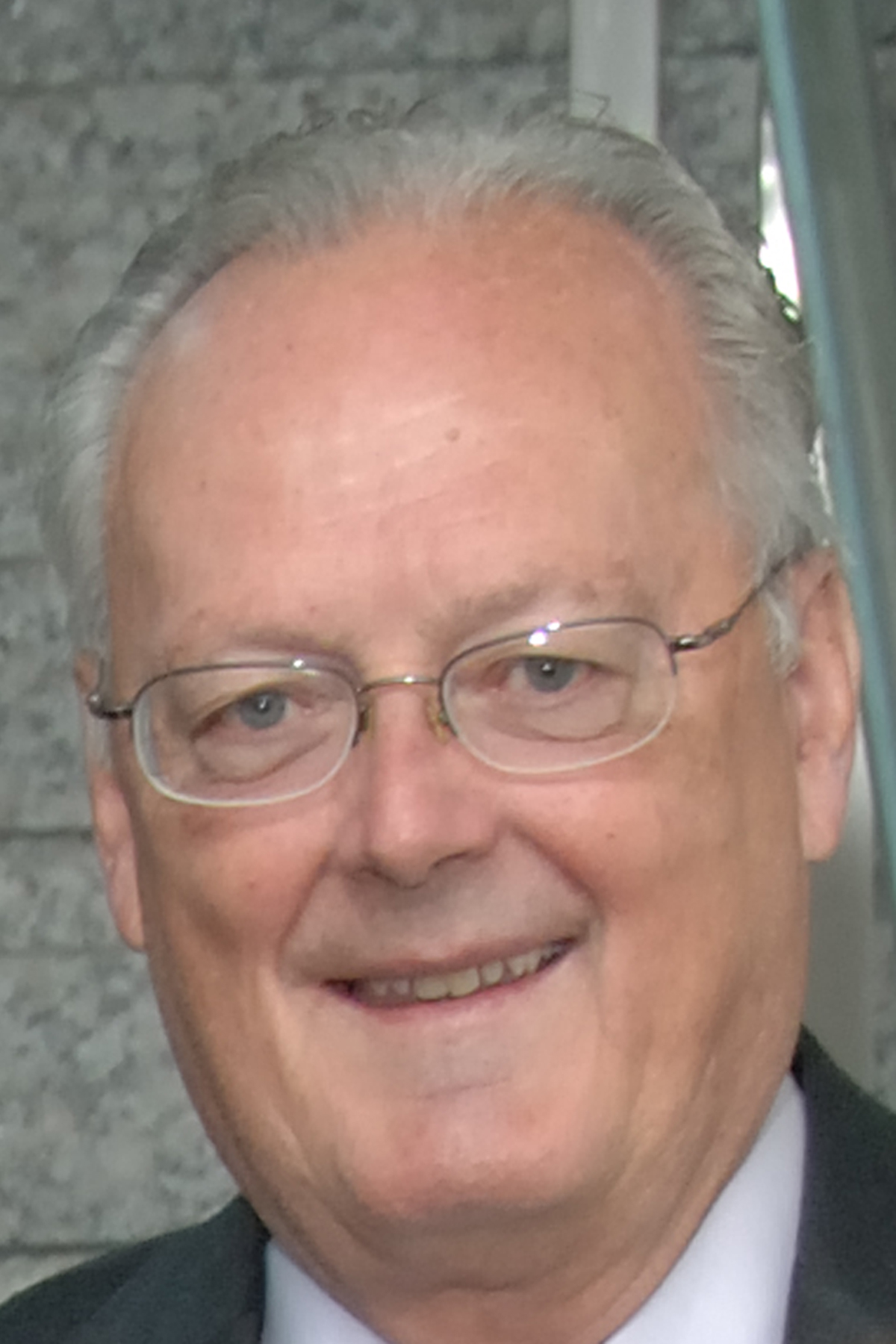 |
NIDDK advisory council member Dr. James Freston, who served on the Digestive Diseases and Nutrition Subcouncil. He completed his term at the Sept. 7 Advisory Council meeting. |
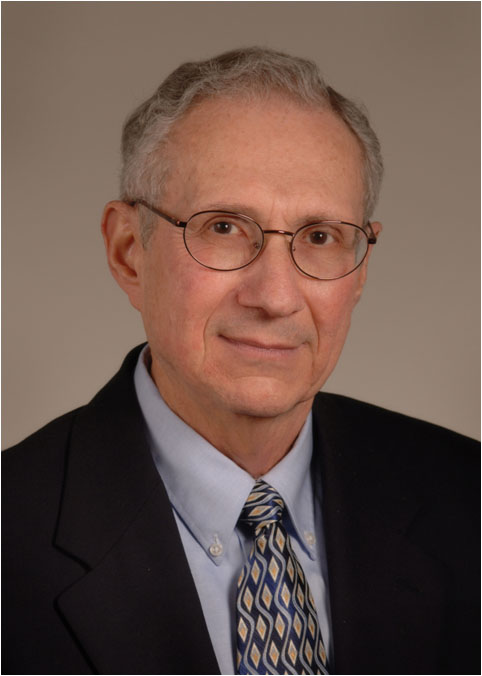 |
Dr. Ira Levin, scientific director for the NIDDK Division of Intramural Research. He spent nearly 48 years at NIH, developing innovative spectroscopic methods and applying them widely. He served as scientific director since 2009. Prior to that, Levin was chief of the Laboratory of Chemical Physics since 1987 and deputy director of the NIDDK Division of Intramural Research from 1994-2009. He has more than 235 publications and 20 awards and honors to his name, including the Pittsburgh Spectroscopy award. |
In Memoriam
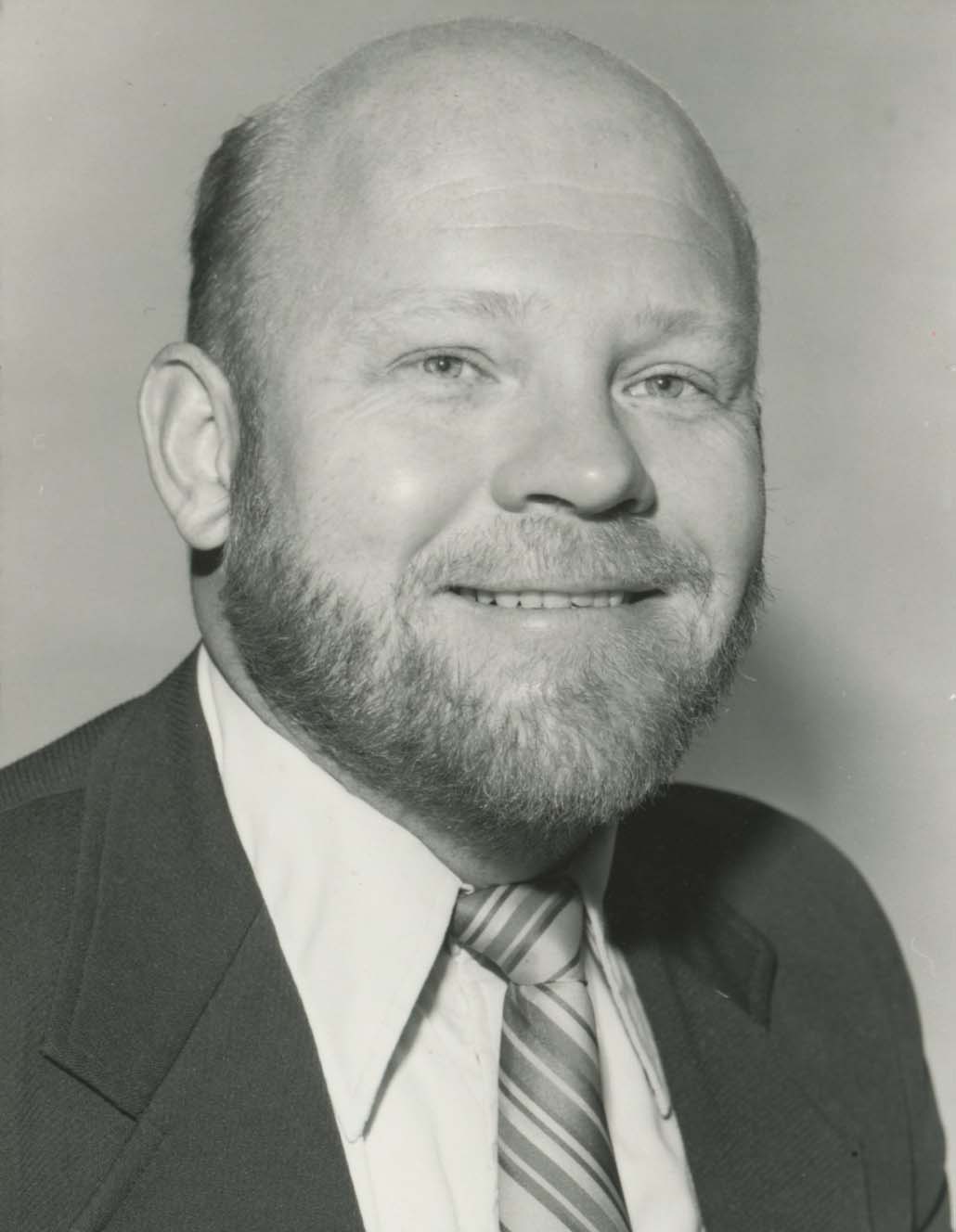 |
Dr. Donald M. Jerina, 71, formerly an NIDDK senior investigator, died on May 22. He began working at NIH in 1969 and was chief of the Oxidation Mechanisms Section until 2006. Dr. Jerina was appointed to the senior executive service in 1983. He was awarded the Hillebrand Prize from the American Chemical Society in 1979, among other prominent awards. He published more than 500 scientific papers and was an international leader in the field of chemical carcinogenesis. |
The next edition of the Director’s Update will be online at www.directorsupdate.niddk.nih.gov in December.
Submission information: To submit an item for the next Update, please contact Editor Amy F. Reiter at reiteraf@niddk.nih.gov. Items must be submitted six weeks before the month of publication to be considered for the next issue.
Subscription information: The NIDDK Director’s Update is published four times a year. To subscribe to the Update, go to www.directorsupdate.niddk.nih.gov. The subscription box is near the top right of the page.
Page last updated: September 28, 2011